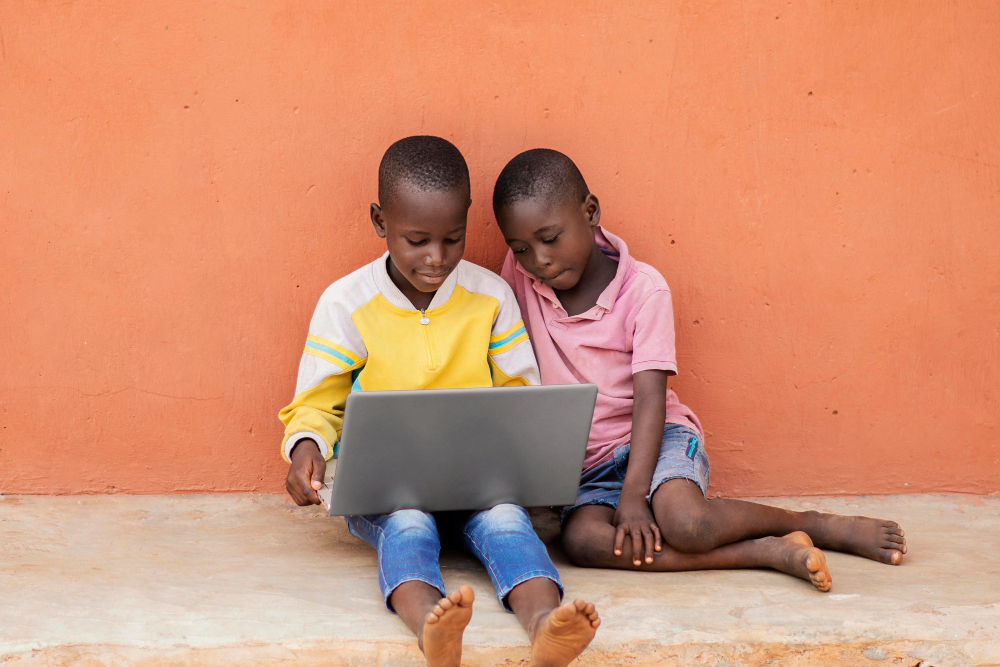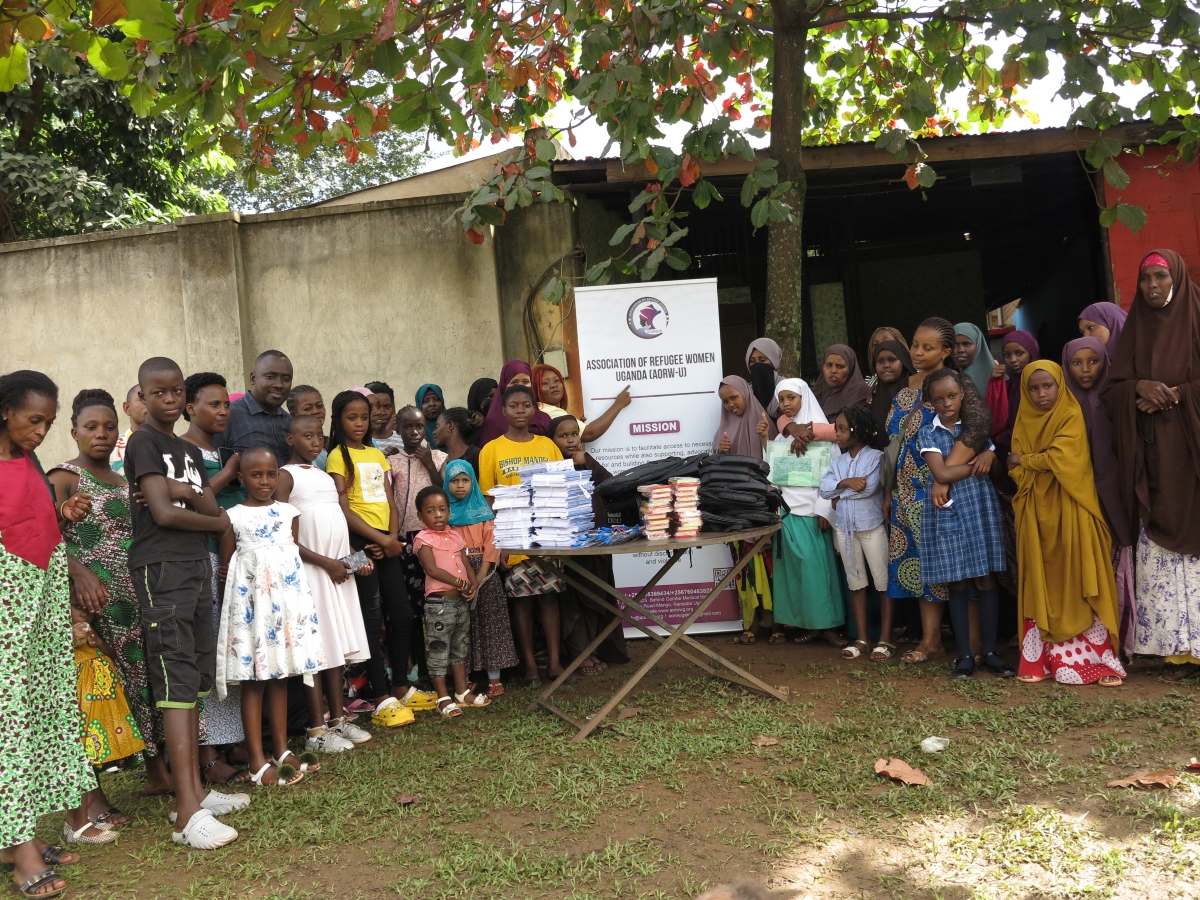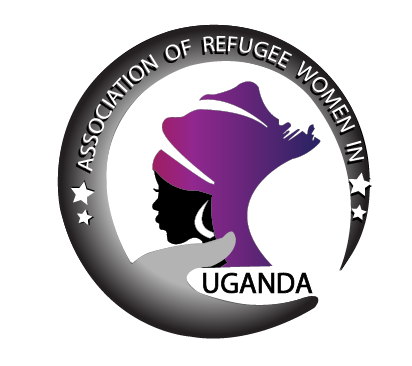ICT4 Refugees

Impoverished refugee children, ages 5-17, account for most of the children not attending or prematurely dropping out of school. Young refugee adults without computer skills are disadvantaged in seeking employment opportunities. The cycle of poverty continues as knowledge and skills become seemingly unattainable in an ever-advancing technological world. Access to obtain technological skills is prohibitive for the impoverished who view such skills as a luxury instead of necessity.
.
Out-of-school refugee children currently undergoing literacy classes at AORW-U and their peers will be trained on computer literacy as well as be introduced into online learning. AROW-U will work in collaboration with volunteers and the Ministry of sports and education to translate the school curriculum into online learning modules. 100Participants will go through the program annually based on their current classes following the Uganda government educational calendar and will be evaluated after completion of the different modules. The program will be design to have both morning and afternoon shifts (8am- 12pm and 2pm-5pm daily except on weekends). Weekends will be opened mostly for private learners. Participants through informal learning will be presented to write public examinations after their assessments at the end of each learning period. At the start of the project, a project lunch will be carried out with various stakeholders at local government and education sector to educate them on the project and seek their support.
Access to learn and apply skills demonstrated in digital computer labs provide students with opportunities to advance in technological skills. The project equips digital labs with fifteen laptops and accessories in the center. Instructors with up-to-date curriculum will provide participants access to technological training which is critical to empowering students with marketable skills in today’s technology-saturated industries and commerce.


Computer literacy has advanced to a fundamental skill of communication, education and commerce. The development of technological knowledge and skills empowers the learner a competitive advantage with educational opportunities reducing the school dropout rate and increasing collegiate participation. The realistic opportunity to eradicate poverty through advancing viable skill sets among refugee youth impacts local, national and global communities as participants are empowered to seek sustainable careers.
Become Support Partner
Your contribution makes a difference
